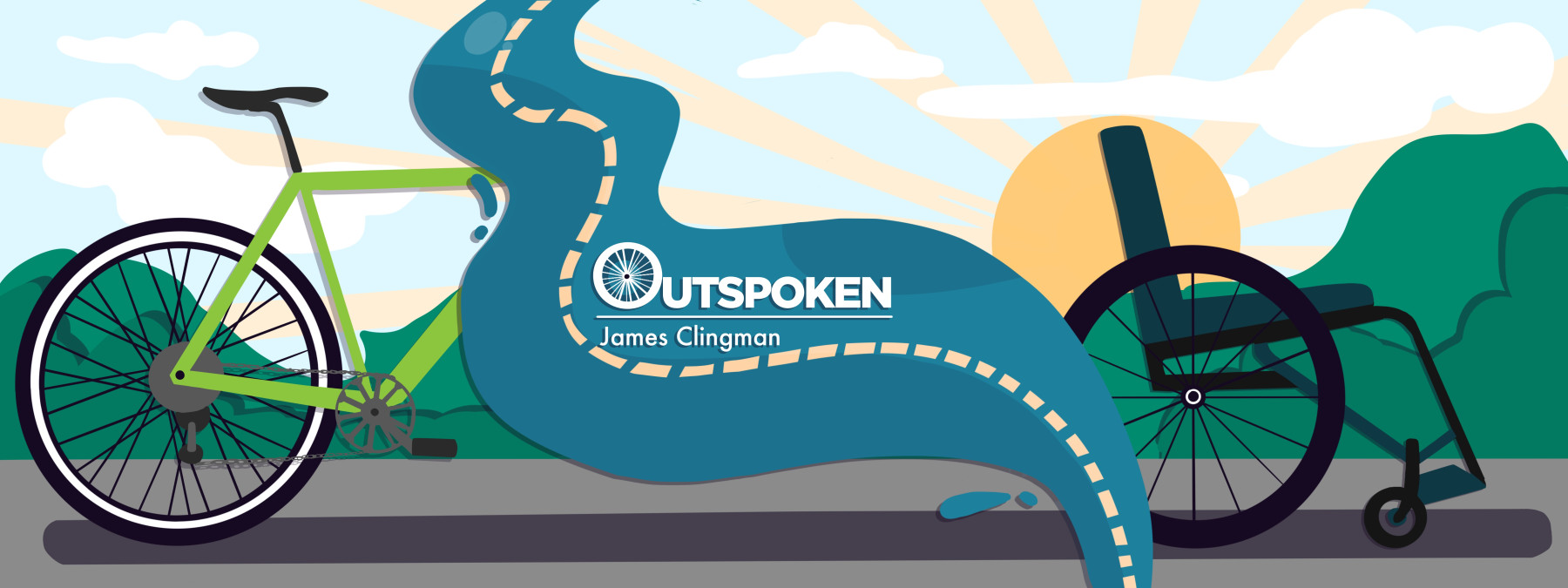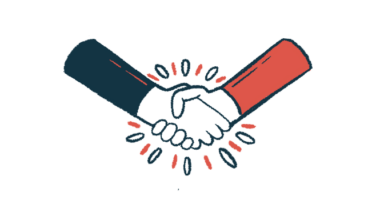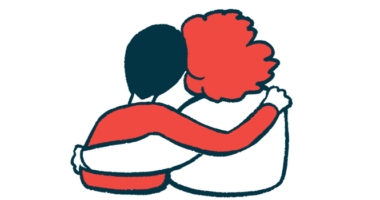Planning ahead after receiving the bad news of an ALS diagnosis
While ALS progression can be unpredictable, it's good to be prepared

“Plan for what is difficult while it is easy, do what is great while it is small.” — Sun Tzu, “The Art of War”
In an earlier column, I noted that there was no handbook to show me how to deal with ALS. Looking back, I admit that I was wrong. There were handbooks all over the country that could’ve given me advice and direction about how to manage the new world in which I would live. All I had to do was reach out, join a support group, and read about other people going through what I was facing and feeling.
I was stubborn about learning more and reluctant to see other ALS patients. I guess I was in the denial stage of grief, or maybe deep down, I thought that if I didn’t acknowledge it, I would be free of it. Whatever my state of mind was back then, I made no plans, nor was I very proactive about my future needs.
I began to rationalize my needs: It was just a cane, no big deal. Then it was a leg brace. No one will even know I have it on. Then, one for my other leg.
Next it was a walker, euphemistically named a rollator. What? I knew I didn’t need that. I wasn’t that old and feeble. A few months later, I was asking hotel managers if they rented scooters. Folks would think I just had a simple back problem.
Then it was a manual wheelchair that I really didn’t need. Someone gave it to me. I guess it was pretty convenient when I went outside. Still not planning for worse, I recoiled when my physical therapist said I should request a motorized wheelchair because it would take a long time to get it.
That was the last straw. I didn’t want or need such a thing.
Secure what you need
After my obstinacy subsided, the therapist convinced me to get measured for one. She submitted the request and I received the chair, but it was about two years before I used it. This was my first case of doing something difficult when it was easy.
The next case was agreeing to have a feeding tube implanted, even though I had no problem eating. The doctor said it was better to place it while I was breathing strongly enough to recover on my own after going under anesthesia.
I finally accepted what the doctors, nurses, and therapists knew all along: ALS is unrelenting. It will progress, and depending on what part of the body it initially invades, the patient will inevitably need certain equipment. So make every effort to have what you need before your needs arise.
I got a shower/toileting chair, a special bed, all kinds of eating utensils, a Hoyer lift, a breathing machine, an eye gaze computer, and other things I didn’t need at the time.
My medical team knew that I’d progress through different stages of need, and they did an outstanding job of making sure I had what I eventually would need before I was in an emergency situation and needed something right away.
I will end with this positive anecdote: Of all the things I have to help me enjoy life in this final stage of total immobility, I am most grateful for my eye computer. It provides me with one of my fondest treasures: music. I have more than 2,000 tracks saved on Spotify.
I can participate in Zoom calls, verbally communicate, view photographs and videos, send and receive emails and text messages, listen to sacred Scriptures, watch YouTube and movie channels, access social media, watch sporting events, do research, and write columns like this one. I’m as busy now as I was before I started using this eye computer. Well, almost.
If you haven’t done so, start the process now to get your eye computer. You may not want or need it right now, but you will be ecstatic when you start using it.
Although our plans may never come to fruition, it is still important to make and execute them, because ALS has only one plan, one goal, that has a 100% success rate. So get what you need before you no longer have the strength or desire to fight for it. As the great tactician Sun Tzu wrote, “The greatest victory is that which requires no battle.”
Note: ALS News Today is strictly a news and information website about the disease. It does not provide medical advice, diagnosis, or treatment. This content is not intended to be a substitute for professional medical advice, diagnosis, or treatment. Always seek the advice of your physician or other qualified health provider with any questions you may have regarding a medical condition. Never disregard professional medical advice or delay in seeking it because of something you have read on this website. The opinions expressed in this column are not those of ALS News Today or its parent company, Bionews, and are intended to spark discussion about issues pertaining to ALS.








Kim
Thank you for the great advice and nudge: Doing something difficult when it was easy.